A Dunkeld man who has been diagnosed with cancer decades after contracting Hepatitis C from infected blood is continuing to fight for the thousands of families whose lives have been devastated by the scandal.
Bill Wright is one of thousands of patients with blood disorders who received infected blood through a new treatment called factor VIII or IX in the 70s and 80s.
He has spent years campaigning for the Infected Blood Inquiry after contracting Hepatitis C shortly after being treated for a bruise on his thigh in 1986.
After years of treatment and finally being cured of Hep C, the former chair of Haemophilia Scotland has been diagnosed with liver cancer.
Hep C can cause scarring of the liver, which increases the risk of developing liver cancer.
Dunkeld man continues infected blood campaign
38 years later, he is still fighting for compensation for himself and others.
The Infected Blood Inquiry was announced in 2017, with the report set to be published next month.
Bill, who lives in Dunkeld with his wife, told The Courier: “What has driven me has been the terrible devastation it has wreaked upon the lives of so many families.
“That includes families in Tayside.
“I got to know these families and I knew the fathers who died, many years ago.
“In that respect, with my medical situation, I consider myself very lucky to get this far without contracting cancer because many others have had this situation before me.
“The timing is horrendously frustrating.
“I’ve been the chairman of a charity that’s worked very hard to get to the truth and justice from this story.
“For it to come just a few weeks of many years of work for a report from the inquiry is really quite ironic.
“I’m now restricted being on the transplant list and have to be available at a moment’s notice to get to the transplant unit.”
A new hope for infected blood truth
Bill continued: “We’re looking for the truth, we’ve never really had it until now.
“The response from the government was far from transparent.
“Our reasonable thought has been that money was more important than people. They were worried about paying out.
“This isn’t just about money, it’s about learning just how badly the decisions of the doctors at that time and the Scottish National Blood Transfusion Service were made.
“This time, compared to the Penrose inquiry in 2015, there’s a better chance from the evidence that’s come to light that the truth will be reported properly.”
An NHS Lothian spokesperson said: “The public inquiry is due to conclude later this month. It would therefore be inappropriate to comment at this time.”
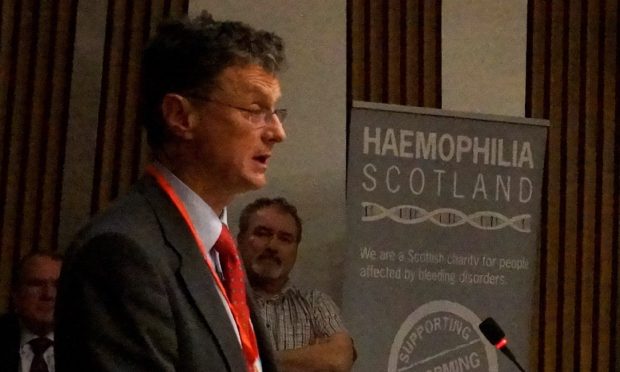
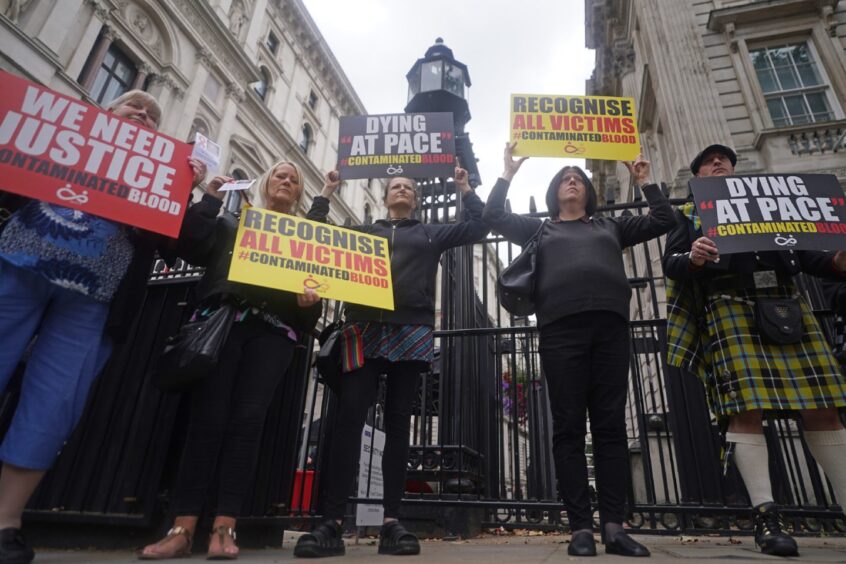
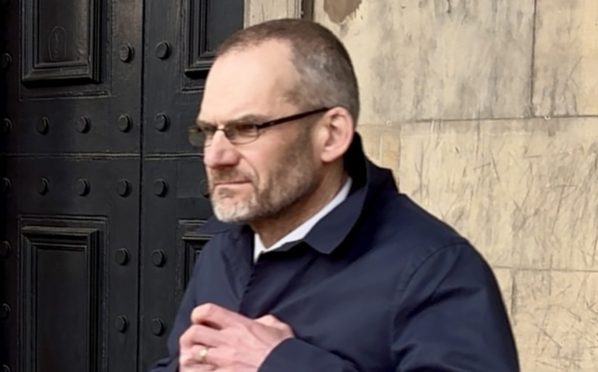

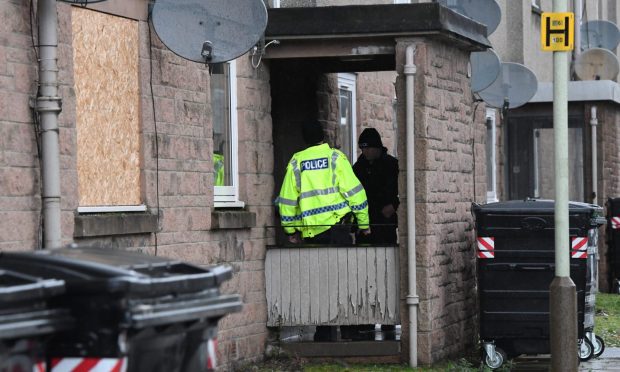

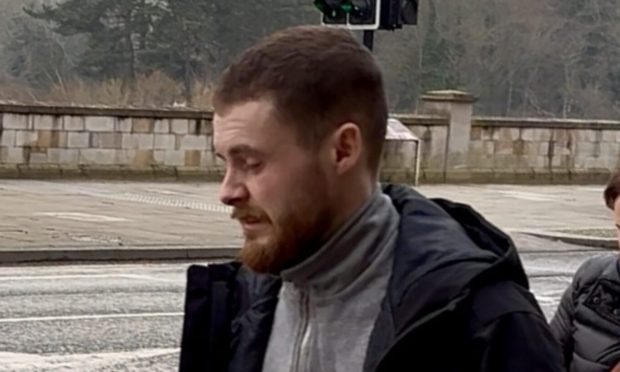
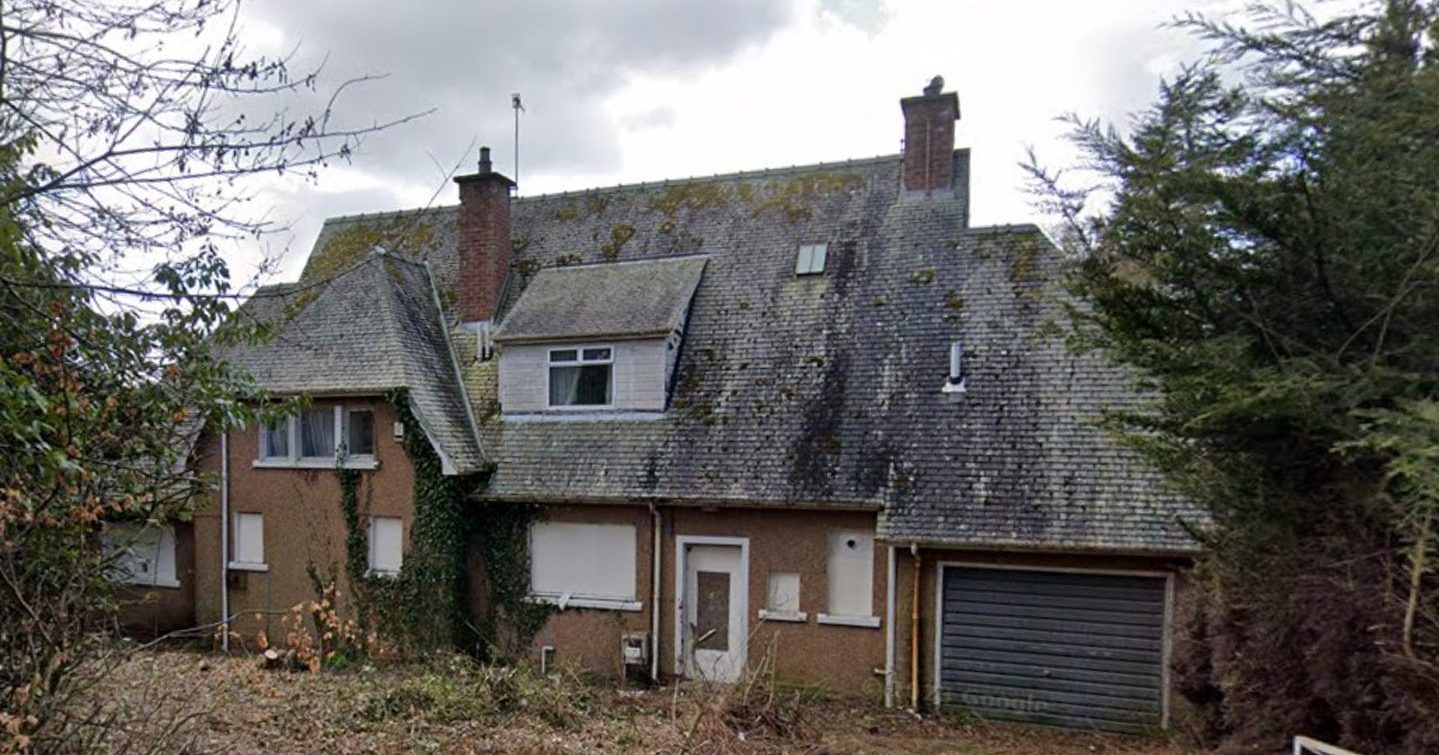

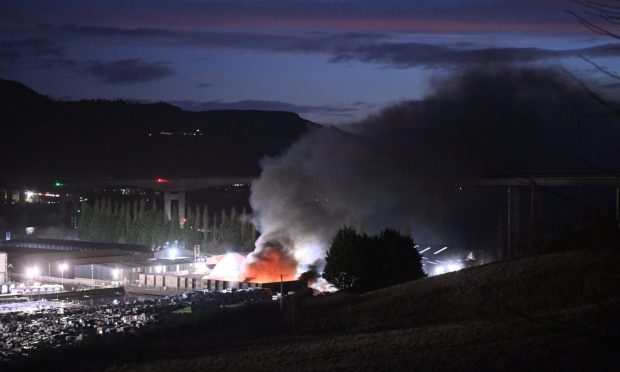
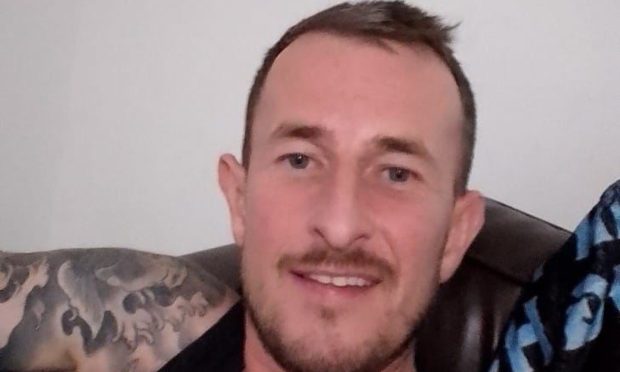
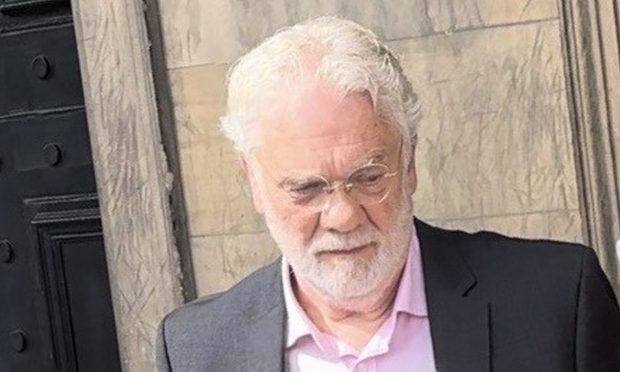
Conversation